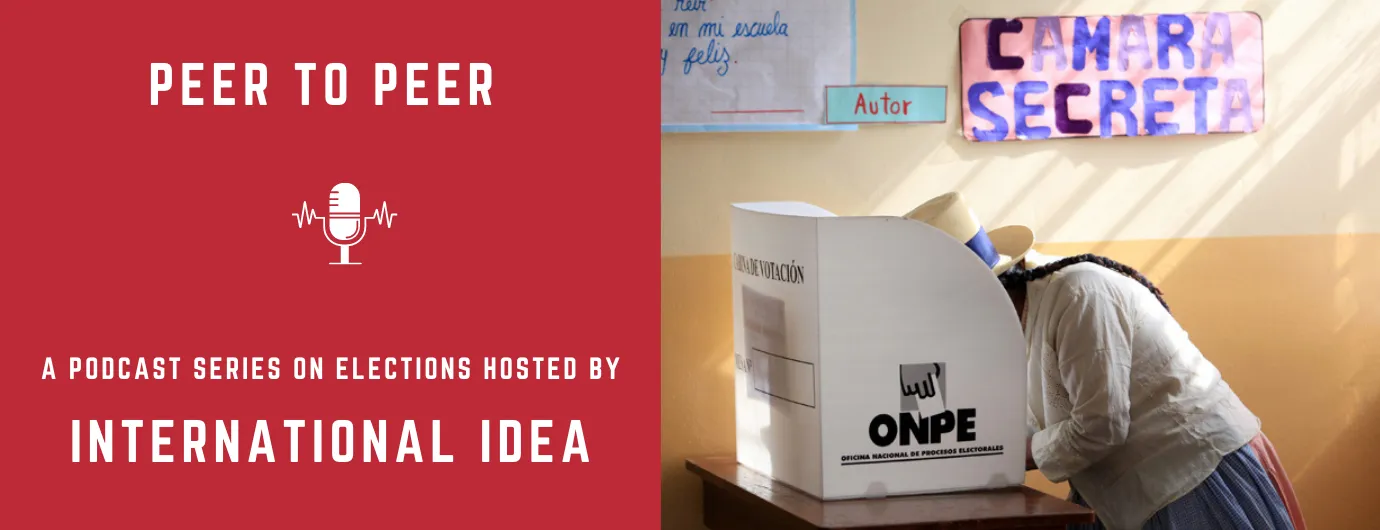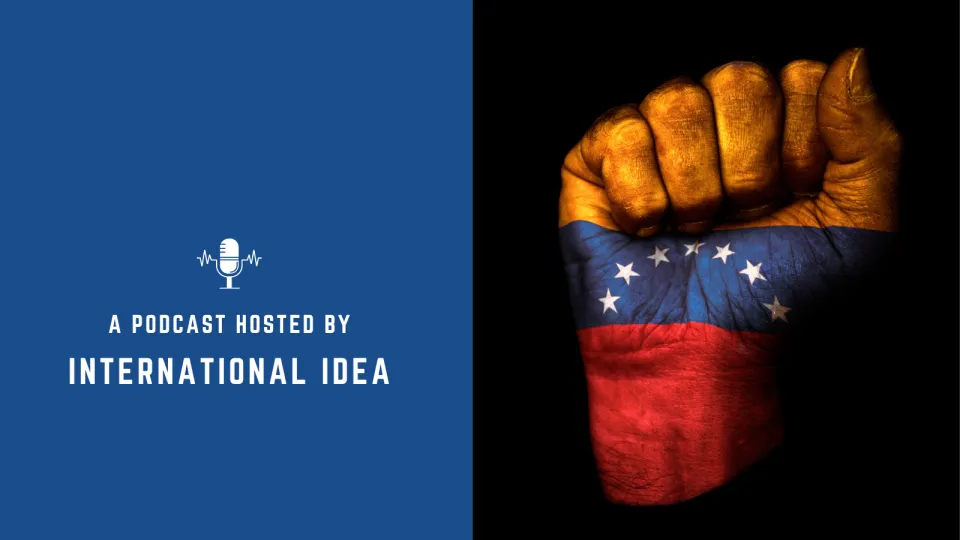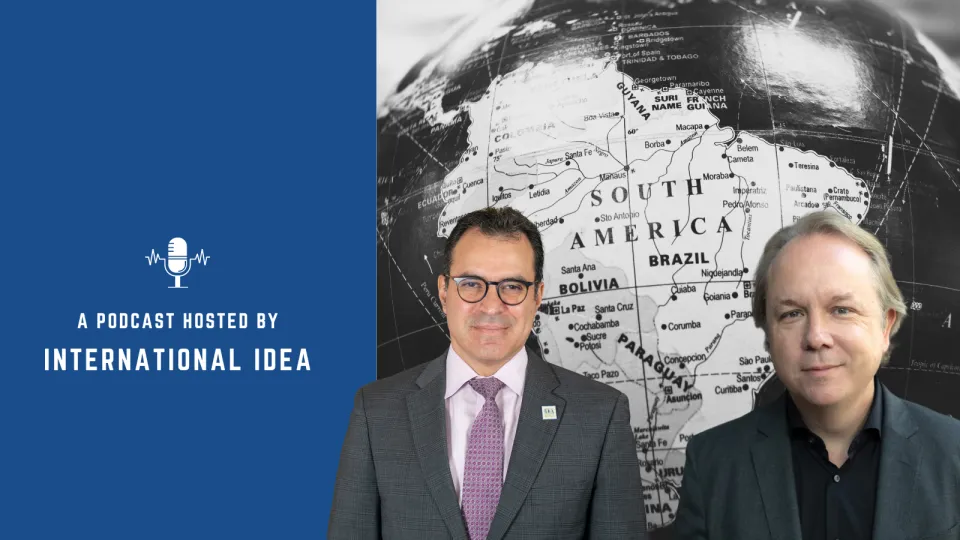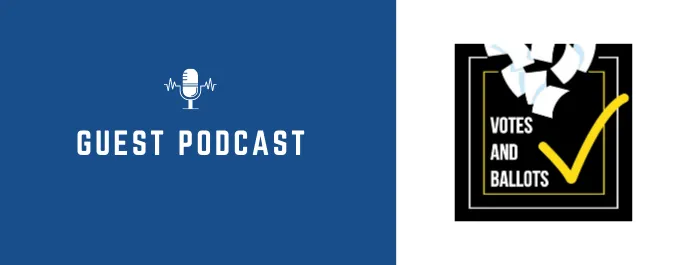Peru 2021 General Elections - Training the frontlines and informing the public

Against a background of deteriorating informational environments, falling trust in state institutions and growing electoral result disputation, electoral processes and those who administer them are increasingly being placed under the microscope.
Ensuring that the integrity of elections withstand such scrutiny and that voters remain informed and engaged falls largely to election trainers and educators, and it is their vital work that is the focus of Peer-to-Peer, International IDEA’s new elections podcast series.
Through interviews with electoral trainers and educators from around the world, the series explores how different election commissions tackle the thorny issues affecting their field.
How can thousands of temporary poll workers be prepared for election day operations in a short space of time? How can election training be delivered during a pandemic? How can voters be motivated to cast their ballot?
In the first episode of Peer-to-Peer, Erik Asplund and David Towriss spoke to Maria Pilar Biggio Pastor about her work as the Training and Education Manager in Peru’s National Office of Electoral Processes (ONPE).
Their conversation took place shortly after the conclusion of Peru’s 2021 general elections and Maria shared her insights into how ONPE dealt with the challenges posed by a large temporary work force of over half a million, a linguistically diverse electorate and a high national Covid-19 death rate.
Hosts: Erik Asplund, Programme Officer in International IDEA's Electoral Processes Programme & David Towriss, Research Assistant at International IDEA
Background reading
Guests
- Maria Pilar Biggio Pastor
- Training and Education Manager in Peru’s National Office of Electoral Processes (ONPE)


